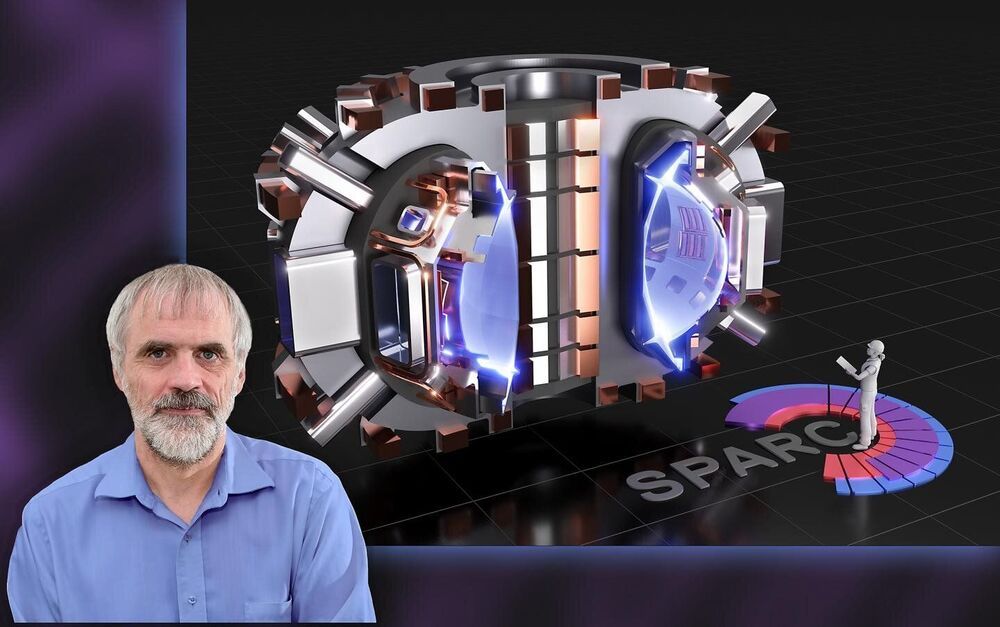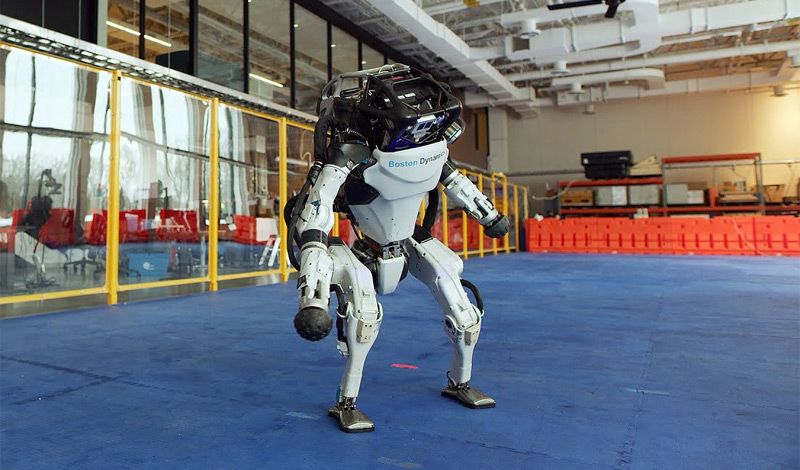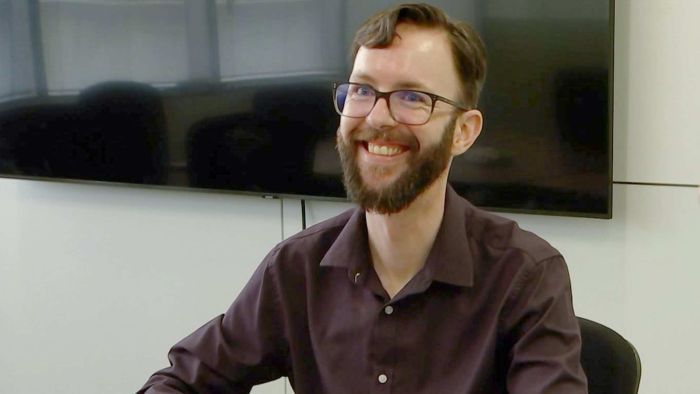The U.S. Department of Energy’s (DOE) Princeton Plasma Physics Laboratory (PPPL) is collaborating with private industry on cutting-edge fusion research aimed at achieving commercial fusion energy. This work, enabled through a public-private DOE grant program, supports efforts to develop high-performance fusion grade plasmas. In one such project PPPL is working in coordination with MIT’s Plasma Science and Fusion Center (PSFC) and Commonwealth Fusion Systems, a start-up spun out of MIT that is developing a tokamak fusion device called “SPARC.”
The goal of the project is to predict the leakage of fast “alpha” particles produced during the fusion reactions in SPARC, given the size and potential misalignments of the superconducting magnets that confine the plasma. These particles can create a largely self-heated or “burning plasma” that fuels fusion reactions. Development of burning plasma is a major scientific goal for fusion energy research. However, leakage of alpha particles could slow or halt the production of fusion energy and damage the interior of the SPARC facility.





